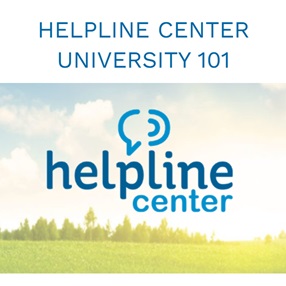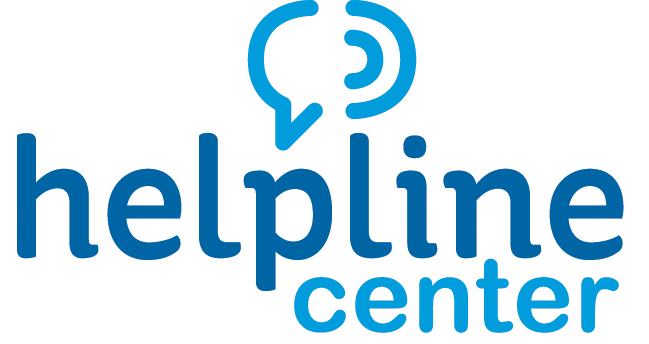Mental Health Trainings & Resources
The Helpline Center provides a variety of mental health and suicide prevention trainings in South Dakota. We invite you to attend an upcoming training or schedule a training today to learn the steps of identifying and responding to mental health and suicide.
For questions, please email training@helplinecenter.org.
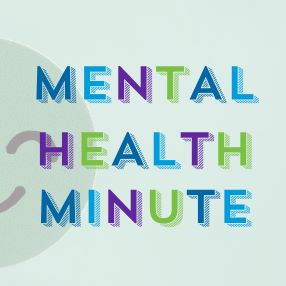
Monthly Mental Health Newsletter & Minute
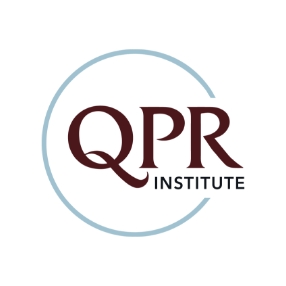
QPR (Question, Persuade, Refer) – 1 to 2 hour training
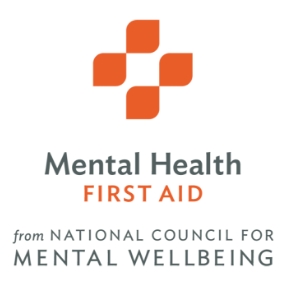
Mental Health First Aid – 8 hour training
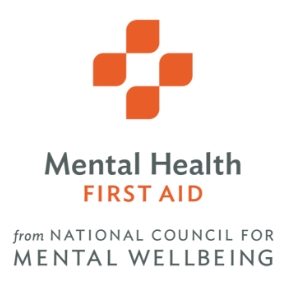
Youth Mental Health First Aid – 6.5 hour training
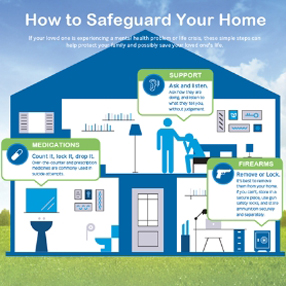
Means Safety Training – 1 hour training
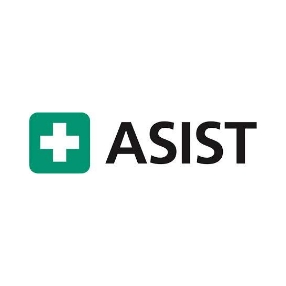
Applied Suicide Intervention Skills Training (ASIST) – 2 day training
